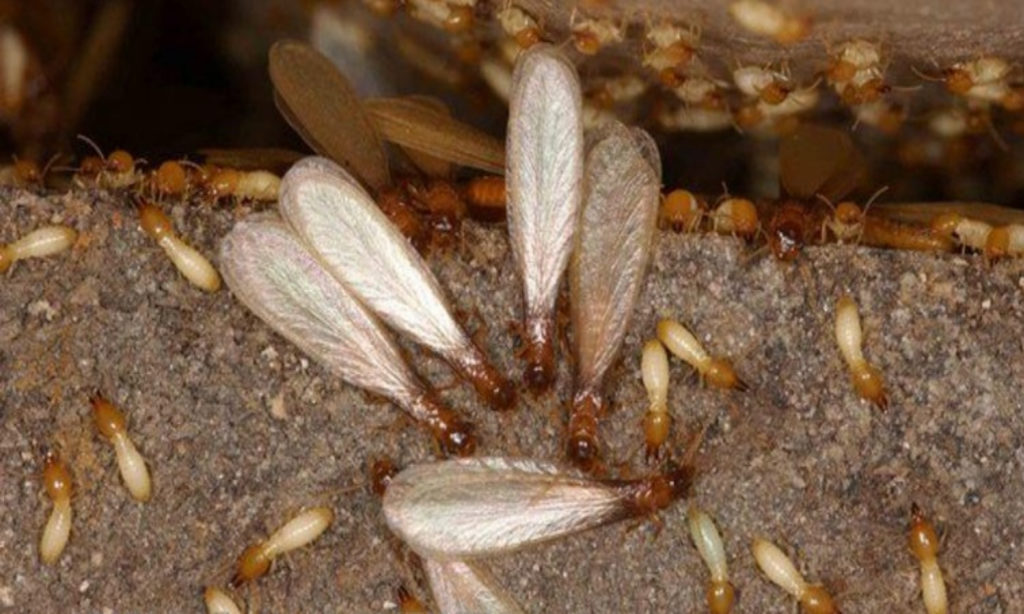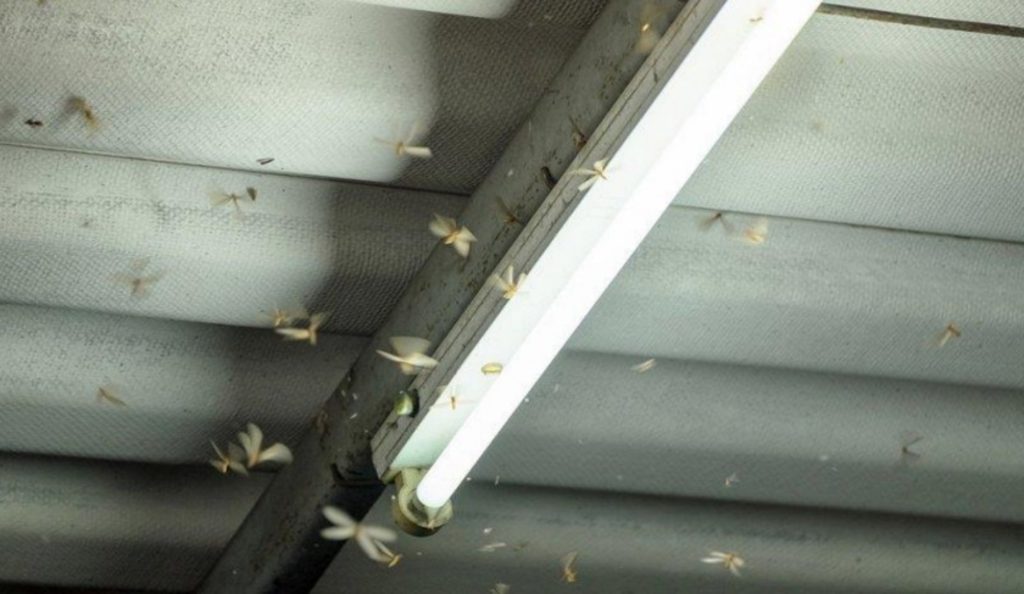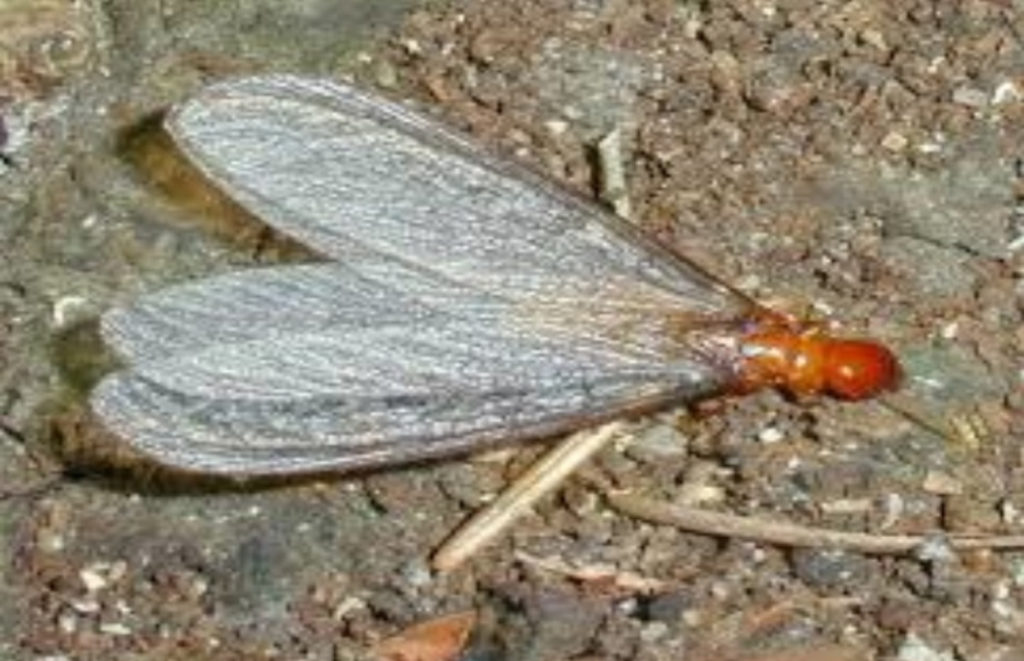Members of the public living in Lautoka, parts of Nadi and Ba must take necessary precautions as the swarming period for the Asian Subterranean Termites (AST) commences from September to November, says Biosecurity Authority of Fiji (BAF) acting chief executive officer Surend Pratap.
“When we talk about swarming, this means they will leave their parent colony and they will try to fly and find a new place where they will reproduce and build new colonies, so this growth or reproduction is signalled by these swarms,” he said.
Mr Pratap urged members of the public to use minimal light from 6pm to 8pm, which is when the termites will begin swarming.
“If you have all your lights on inside and outside and there is a swarm, the swarm will move towards your home because they are attracted to your house and they are likely to move to your house, then they will drop to the ground, burrow into the ground and then build up a new colony.
“The other thing that we have always been advising the public on is reporting. If you see any signs of termite infestation or any damages that you think is caused by the termite, whether it is in your houses, wooden structure or in the nearby trees, please report to the Biosecurity Authority Fiji. We will attend to it. We will advise the public on the measures that are required.”
Mr Pratap said BAF also assisted members of the public by treating the infested areas. This treatment was provided free by the Government.
“If it is a bit rainy season time, then we expect more swarming. So, during the two to three hours window, if you can use minimum light and if you are living within the termite infested zone, then you will highly likely be able to help us prevent this termite from spreading.
“Termites primarily live underneath the soil. They build a nest underneath the soil up to six to 18 feet and then they tunnel through the soil looking for the food source.
“So sometimes it’s very difficult to detect that there are termite activities around unless you see any signs. We always advise the public that if you suspect any termite activities around your house or in your house, please report to us. If we are able to attend to it early, we will be able to control, contain, or even eradicate from your houses or around your compound in a timely manner.”
Mr Pratap also urged the public to avoid moving termite infested materials to another location as this also contributed to the spread of termite infestation.
“By moving the host material, most material can be timber, it can be plant, it can be pot plant, things like that. You will be moving the termite to a new area.
“If there is a leakage of water from your sink, please fix it, because if it is a moist tap leak that is where termites will establish a colony. If they land, they will easily be able to go into the soil and build a new nest.”
Lautoka City Council head of services Shalend Singh commended BAF’s efforts to identify and treat infested areas prior to the swarming period.
“They have been applying the chemicals. So, when it comes to the swarming period they can minimise the swarming from the termite and also, we have also reported some complaints to them,”he said.
“We had members of the public direct us, even our council buildings too. We saw signs of infestation of the Asian Subterranean Termite.
“So, we have reported them, and I am very thankful that they came and did the treatment on the same day.”
According to the Biosecurity Authority, the termites burrow into the ground and then build up a new colony. q Inset: The termites are attracted by the bright lights of homes. Pictures: SUPPLIED

Asian Subterranean Termites swarming. Picture: BIOSECURITY AUTHORITY OF FIJI

